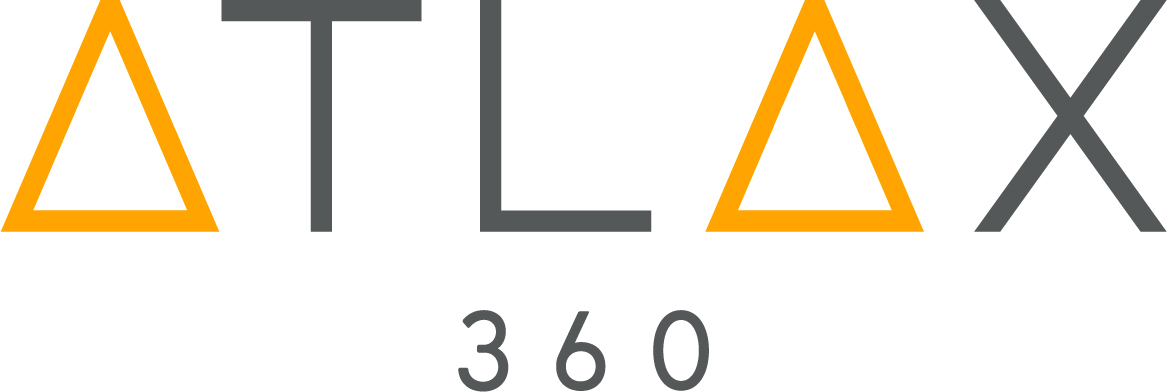In all sectors, organisations need to have a clear vision of their business and use data and analytical information to make the best decisions. According to IDC, 77% of organisations consider contextualized data to be critical to their success. In this scenario, technology becomes a business enabler, and companies from any sector are adopting digital ecosystems that allow them to interconnect through cloud architectures.
Therefore, it is crucial to work with industry ecosystem partners to drive innovation and increase skills and knowledge. In this context, cross-functional software stands out, such as platforms for managing Accounts Receivable (AR).
This type of software becomes a very useful tool for different areas. From the finance side, it helps manage the company’s credit risk, and from the sales side, it improves the customer experience at all levels by enhancing internal and external communication within organisations. By leveraging financial data and customers’ historical behaviour, these systems become an integral part of the organisation’s business intelligence.
What does a good Accounts Receivable management solution need?
- It should be cloud-native to offer the flexibility and agility that companies need today.
- It should provide seamless integration of data across the entire organisation, giving decision-makers a complete picture of the company’s treasury situation.
- It should enhance the user experience by automating administrative tasks, allowing users to focus on more analytical and value-added tasks.
- It should have a Data Cloud to leverage data and make more informed decisions, as well as promote innovation within corporations.
- It should standardise processes across organisational units, not only to comply with corporate standards but also to evaluate all units using the same procedures.
- It should provide transparency, so that end users trust its potential and can make the best use of the solution.
- It should be agile to adapt to the dynamic environment we operate in and serve as a nexus between the technology, finance, and sales departments.
According to IDC’s Technology Spotlight, the use of Accounts Receivable software is expected to grow at rates exceeding 11% in the coming years.
Benefits of Having a Cloud-based Accounts Receivable Management Platform
When it comes to Accounts Receivable management, Cloud platforms offer several benefits that can enhance efficiency and improve the results of your organisation. One of the main advantages is process automation. These platforms enable the automation of repetitive and manual tasks, such as customer segmentation, credit sales admission, and collection tracking. This not only saves time and reduces errors but also frees up resources to focus on more strategic analysis activities.
In addition to automation, Cloud platforms for Accounts Receivable management also offer advanced analysis and reporting functions. These tools allow companies to gain a clear and detailed view of their financial situation, identify payment behaviour patterns, proactively manage collection risks, and help making informed decisions. The reports generated by these platforms provide valuable data that helps optimise processes and improve business profitability.
Another significant benefit is accessibility. Being cloud-native, these platforms allow remote access to data and functions from anywhere and at any time. This is especially useful for companies with geographically distributed teams or those that require collaboration across multiple departments. Authorised users can access relevant information, perform tasks, and track Accounts Receivable from any internet-connected device, facilitating teamwork and real-time decision-making.
Security is another fundamental aspect to consider when choosing software for AR management. These platforms implement rigorous security measures to protect data confidentiality. This includes data encryption, user authentication, automatic backups, and protection against cyberattacks. By counting on a reliable and robust Cloud platform provider, companies can have peace of mind knowing that their data is secure.
In today’s business world, process optimisation is key to the success and efficiency of any organisation. One area where this is particularly relevant is Accounts Receivable management. If you want to learn more about it, please refer to the complete IDC Technology Spotlight on our website.








